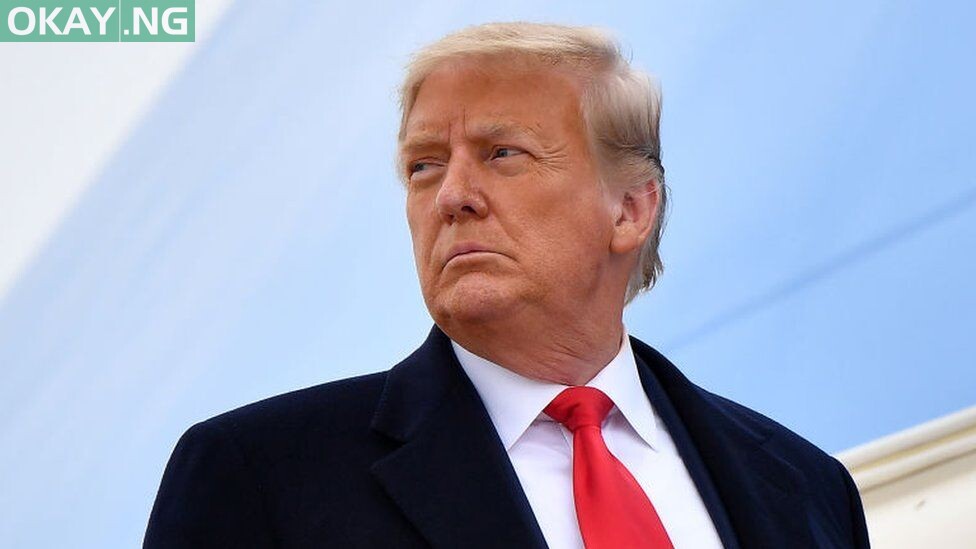Global markets are experiencing a significant tremor following recent statements regarding potential tariffs on imported medicines. These discussions have injected a palpable sense of uncertainty into the financial landscape, causing investors and economic analysts to closely monitor developments.
“The introduction of import tariffs, particularly on essential goods like medicines, invariably generates volatility,” noted a senior market analyst who preferred to remain anonymous, citing potential business disruption. “Such moves can have cascading effects, impacting not only the pharmaceutical industry but broader trade relations.”
The crux of the concern lies in the potential for increased costs to consumers and disruptions to established supply chains. The pharmaceutical industry, heavily reliant on international trade for both raw materials and finished products, is particularly vulnerable. “If tariffs are implemented, they will likely raise the price of many medications, impacting access and affordability for patients,” stated a report released by the International Pharmaceutical Trade Association.
Market reactions have been swift. Stock indices, particularly those with significant exposure to pharmaceutical companies, have seen fluctuations as investors react to the potential policy shifts. The ripple effects extend beyond equities, with analysts predicting potential impacts on currency valuations and international trade relationships.
It’s important to remember that such discussions can cause psychological pressures in the market even before actual policy takes place. I, as a news professional observe that it can be useful to look at these kinds of statements through the lens of history, and how trade policies can impact consumers.
The US economy, with its vast pharmaceutical market, stands to be significantly affected. The prospect of increased domestic production costs could lead to inflationary pressures, potentially complicating efforts to manage economic stability. “This uncertainty creates a challenging environment for businesses,” explains economic consultant, Dr. Elizabeth Greene. “Companies must now factor in potential tariff costs when making long-term investment decisions.”
International trade partners are also watching closely. “The globalized nature of the pharmaceutical industry means any unilateral action could have far-reaching implications,” said a representative from a leading European trade body. The potential for retaliatory measures and trade disputes looms, heightening apprehensions within the international community.
Moving forward, the focus will be on further clarity on the policy direction and the resulting impacts. The implications of trade, particularly when it pertains to the pharmaceutical industry, shows that the world is more connected than ever. Those implications are far reaching and show that even the discussion of such polices creates global disturbance.













